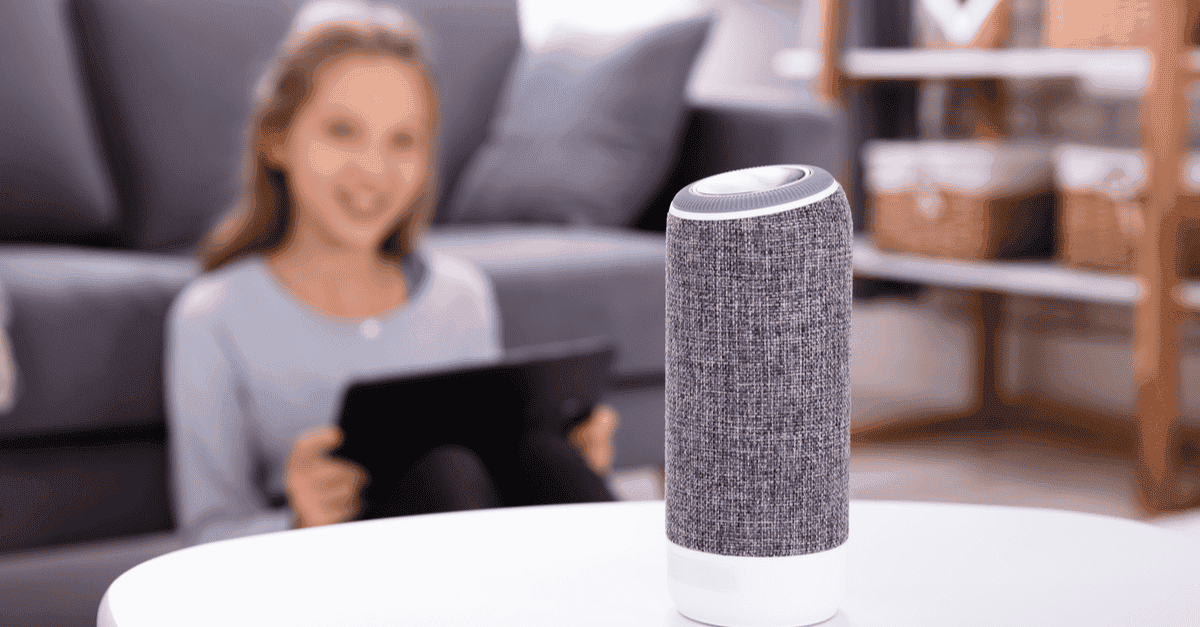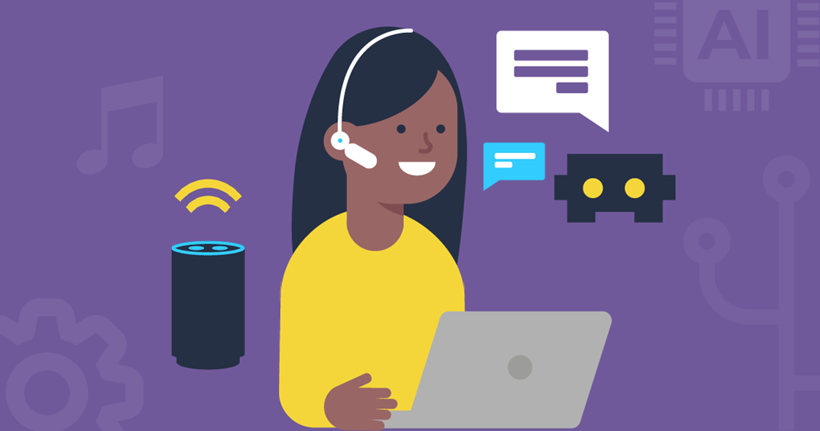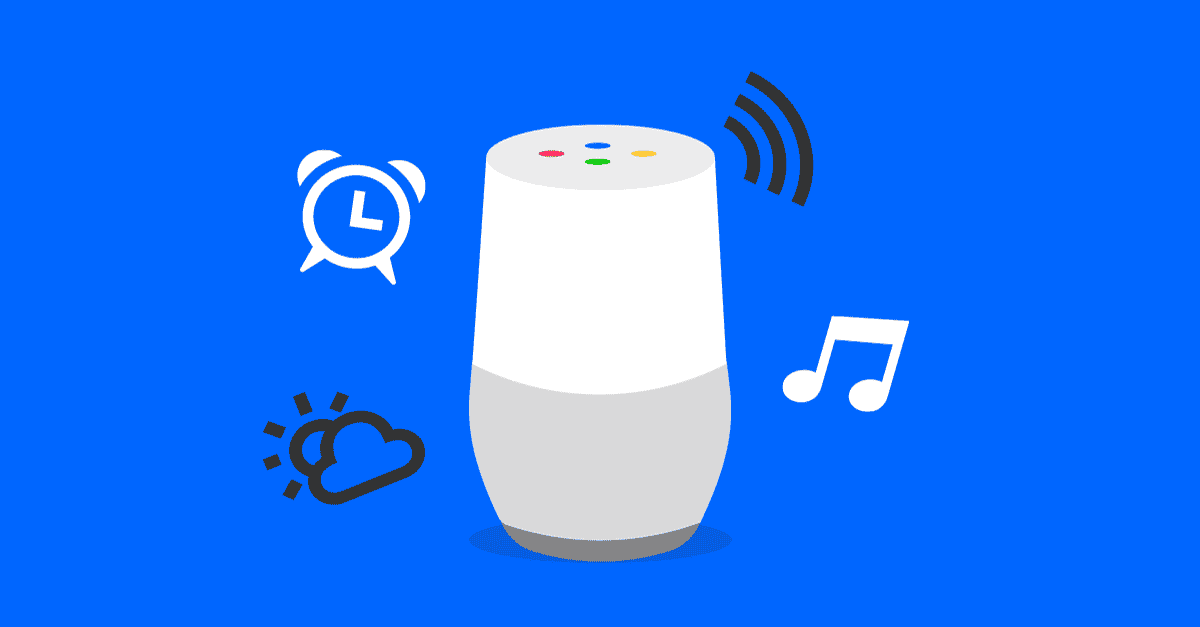It’s important that you get the right device for your home to keep kids safe.
While the three main options from Google, Amazon and Apple all share similar features, how they integrate with other technology does vary. As such, it’s worth researching which of the systems will work with your existing tech. In some cases, you may already have voice controls that you don’t use. For example, many smartphones use this technology.
Before investing in more devices, why not just start using voice commands on existing tech to see how you get on?
Additionally, consider which features would make a tangible difference to family life. For me, turning on and off light bulbs (or changing their colour) has never been all that exciting. But being able to adjust the heating, get weather and travel information as well as read and answer messages is more helpful.







